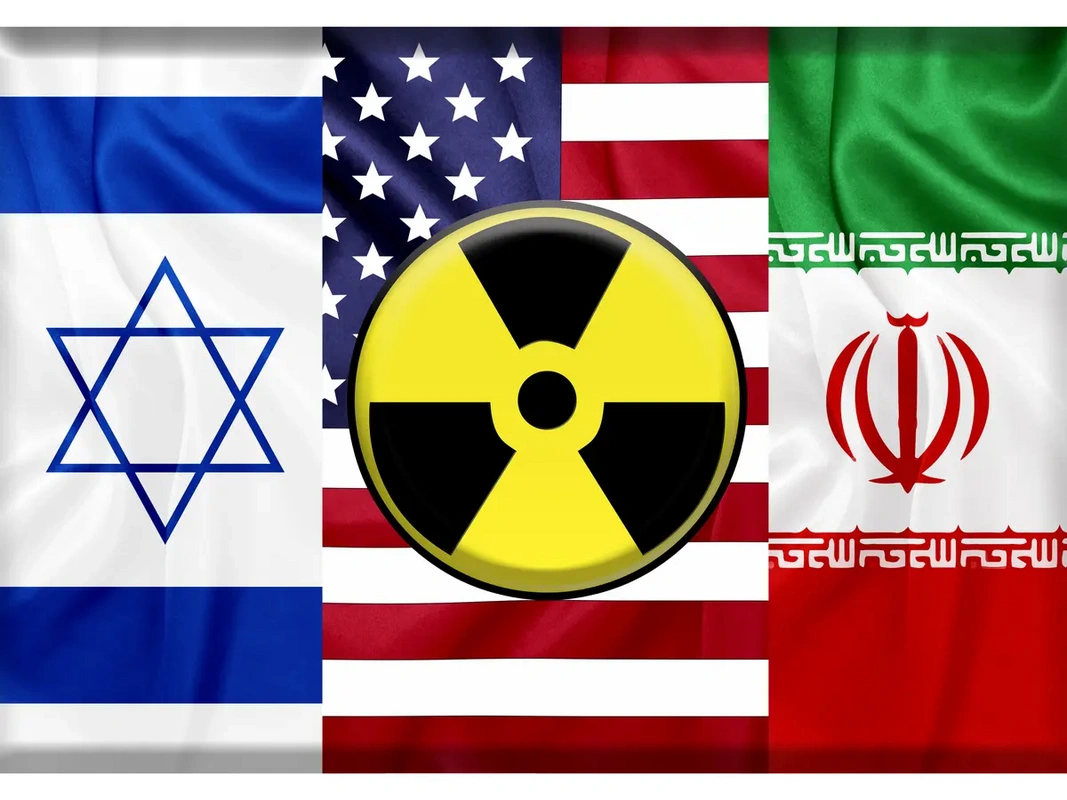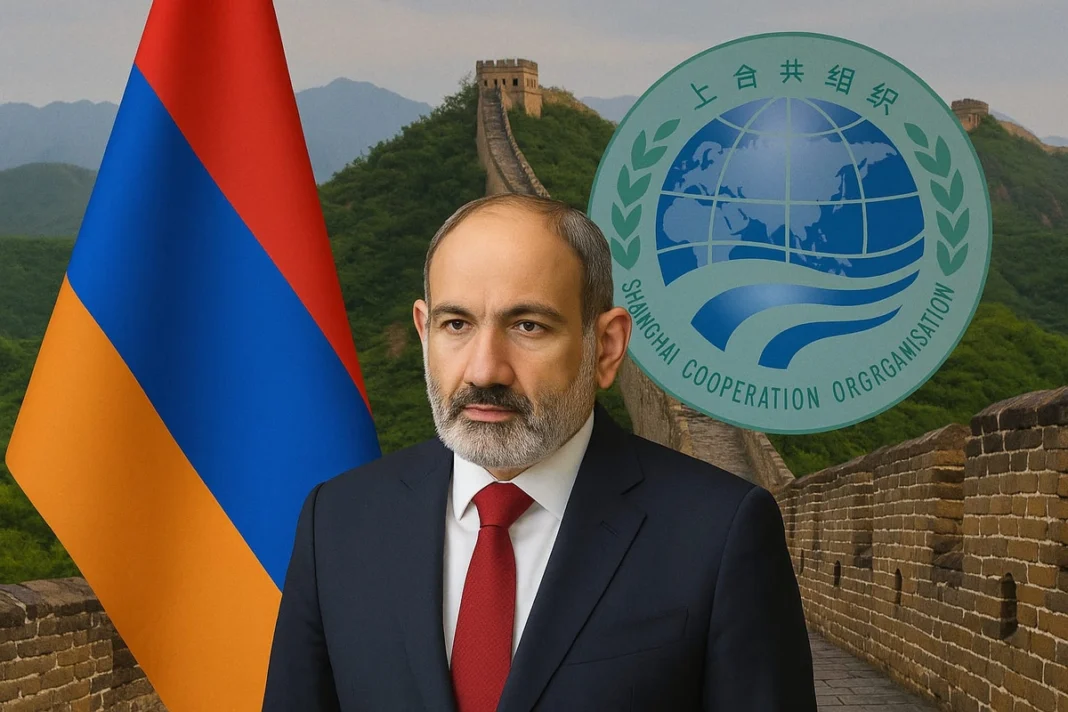By Marrahim Nasib
In the shadowy theatre of the Middle East, atomic particles are quietly vibrating again. Tensions are simmering following a 12-day military confrontation between Iran and the U.S.-Israel axis, reigniting fears of a wider regional conflict. While calm may appear to reign on the surface, the region is gripped by a deep and growing unease.

Post-Strike Fallout
Following coordinated strikes on Iran’s nuclear infrastructure, Washington and Tel Aviv claimed significant success, saying Iran’s path to nuclear weapons had been pushed back considerably. But Tehran denied any major setbacks, instead announcing a continuation—and escalation—of uranium enrichment. U.S. intelligence has since confirmed that Iran’s nuclear activities remain ongoing.
This standoff raises a critical question: If Iran is truly edging closer to a nuclear weapon, will other regional powers follow suit? The risk of a nuclear domino effect—where Gulf states initiate their own programs in response—now looms large.
Diplomatic Channels Drying Up
Efforts to revive diplomatic negotiations—whether in Vienna or Oman—have largely stalled. What was once a tense dialogue has now shifted into overtly military rhetoric. Iran seems to be leveraging its nuclear progress not just for deterrence, but also as a bargaining chip in geopolitical diplomacy.
However, Israel has drawn a clear red line, stating it will act—alone if necessary—to prevent Iran from acquiring nuclear weapons. And recent strikes have demonstrated that this is not just rhetoric. The Biden administration has echoed similar sentiments, emphasizing that a nuclear-armed Iran is unacceptable.

Is War Inevitable?
If uranium enrichment continues unchecked, a new Iran-Israel conflict may shift from possibility to inevitability. Israel sees Iran’s nuclear ambitions as an existential threat and has signaled readiness for unilateral military action, even without U.S. backing.
A broader confrontation could draw in Washington, Gulf allies, and disrupt global energy markets, transforming a bilateral standoff into a full-scale regional war. Whether the U.S. chooses to participate directly or simply gives Israel a green light, Iran has made it clear it will retaliate, setting the stage for a much larger and bloodier conflict.
The 12-Day Conflict: A Prelude?
For all the firepower, the recent 12-day military campaign didn’t resolve anything. To Washington and Tel Aviv, it was a stress test—a dress rehearsal for what might come next. For Iran, it became an excuse to legitimize further nuclear progress, having “survived” the attack and preserved core capabilities.
Neither side landed a decisive blow, but both gained valuable intelligence and adjusted strategies, likely making the next round even more intense. Diplomacy isn’t dead, but it’s on life support. And if it fails entirely, the next war won’t be limited to Tehran or Tel Aviv—it could reshape the Middle East as we know it.










